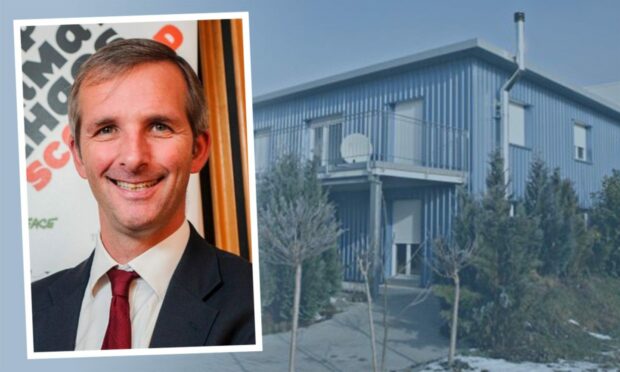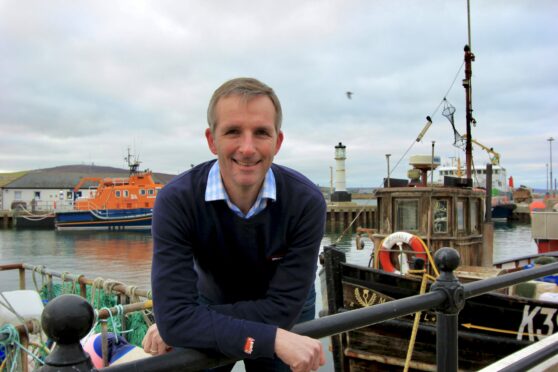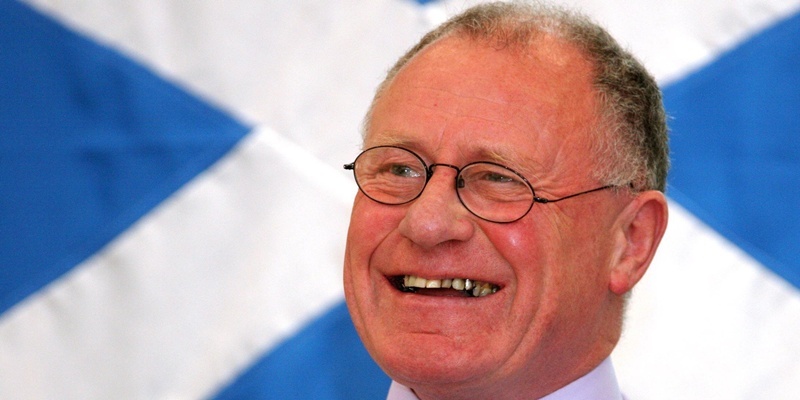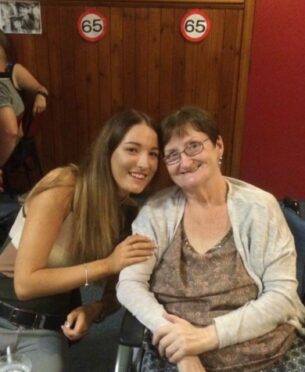Bereaved relatives are being urged to share personal stories one year since the latest campaign to change the law on assisted dying began.
There has already been a record response from the public, sparking calls for “long overdue change” in the law in Scotland.
The campaign was launched by Lib Dem MSP Liam McArthur who hopes to make the case across Holyrood at the third time of asking.
He’s asking people to make the difficult decision of sharing experiences of difficult end-of-life care and death.
The Courier has previously reported how a number of readers endured harrowing experiences and want to see the law changed to spare others from heartache.
The campaign is even being backed by Sir Patrick Stewart.
‘Record response’ to campaign
Assisted dying would introduce the right to an assisted death if you are terminally ill, but still mentally competent.
Those who want to see the law changed say it will give people the ability to choose to have a safe and compassionate death rather than enduring a prolonged and painful one.
Opponents say it will undermine palliative care and warn the risks are too high.
Mr McArthur, who launched a member’s bill on the subject last summer, said: “One year on from when I first announced my intention to bring forward proposals for a change in the law to allow assisted dying for adults with a terminal illness and mental capacity, it seemed right to take stock of the progress made so far and to look ahead to what comes next.
“I’m absolutely delighted, though not surprised, that the consultation I launched last year received a record response for any member’s bill.
“This reflects the very strong public interest in this issue and, I believe, the appetite for long overdue change.”
He added hearing from those with direct experience is “fundamental” to helping those in power understand why the law needs to be changed, adding he hopes more MSPs will support his campaign in parliament.
Law ‘could change everything’
Mr McArthur’s calls are being supported by the campaign group Dignity in Dying Scotland.
Director Alyson Thomson said: “The record breaking response to the public consultation on Liam McArthur’s proposals demonstrates how important an issue assisted dying is to the Scottish public.
“It has given a voice to terminally ill Scots and their loved ones who, for a long time, have told us that the current law is not fit for purpose.”
Assisted dying not needed to ensure dignity
A further event will be held in Holyrood on Wednesday by the group Care Not Killing, who are campaigning against legalising assisted dying.
One of the speakers will be former MP, MSP and Yes Scotland chair Dennis Canavan, who has spoken out against assisted dying after watching four of his own children dying.
He said all of his children “died with dignity”, and his experiences have shown him assisted dying is not needed to “ensure dignity in death”.
He said: “I have probably had more than my fair share of deaths in my family, having suffered the loss of four children, three of them as the result of terminal illness.
“However, I found the standard of NHS care to be excellent and the standard of palliative care in our local Strathcarron Hospital was first class.
“My children undoubtedly underwent some pain but it was minimised by caring health professionals.
“As a result, my children died in dignity and I do not accept that the option of assisted suicide is necessary to ensure dignity in death.”
How readers reacted
Montrose woman Hilary Fowlie has been actively backing Dignity in Dying’s campaign ever since she had to watch three members of her immediate family dying in pain.
She says it would have been easier if they were all given the option of assisted dying.
Reflecting on the difficult period, she added: “It was terrible, so I would like to see the option given in the future.
“My mother-in-law said to me quite a few times she wished she had the choice.”
Laura Ritchie from Aberdeen watched her mum suffer in death with multiple sclerosis – a condition she also has.
She wants to see the law changed so her own daughter doesn’t have to go through the same trauma she did when her mum died.
Around 350 British people have travelled to the clinic in Switzerland to end their lives – although any relatives who go with them risk prosecution when they get back to the UK.



